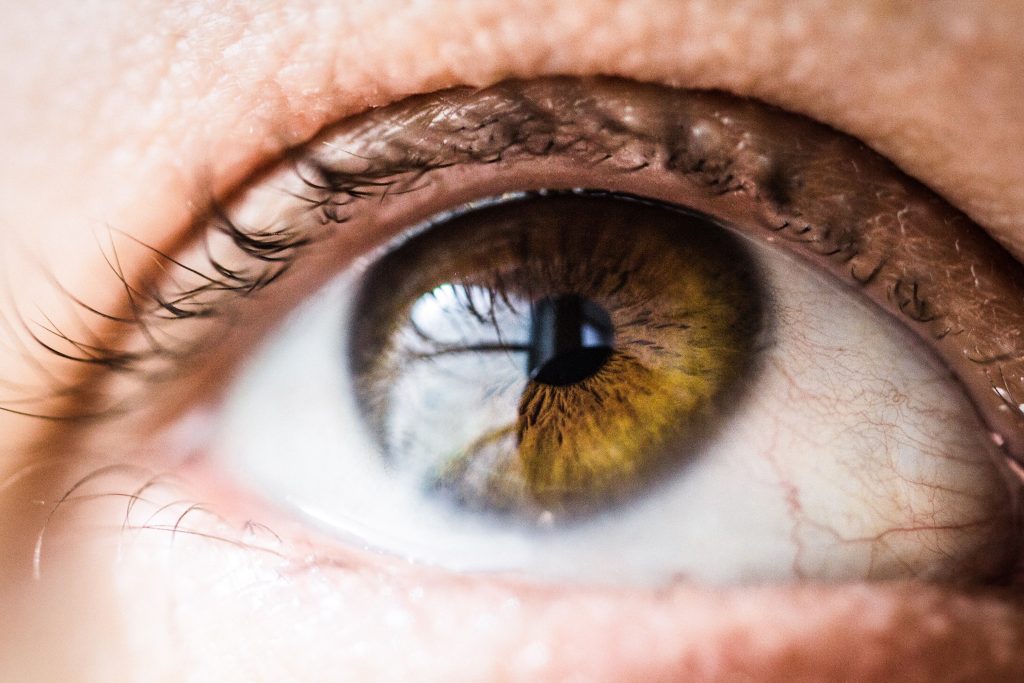Corneal procurement continues at greatly reduced rate in The Netherlands

Roibeard O’hEineachain
Published: Sunday, March 22, 2020
 Photo by Vanessa Bumbeers on Unsplash
Photo by Vanessa Bumbeers on Unsplash
Published: Sunday, March 22, 2020
 Photo by Vanessa Bumbeers on Unsplash
Photo by Vanessa Bumbeers on Unsplash